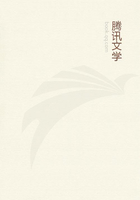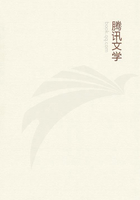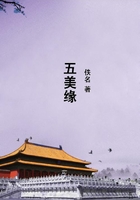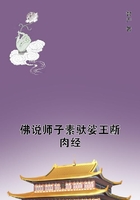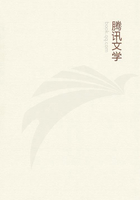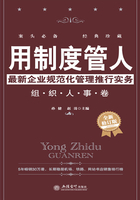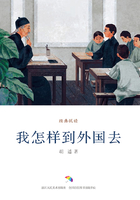In the circumstances a decision favourable to Galileo could hardly have been expected. The old Ptolemaic system was so closely bound up with the philosophic and scientific teaching of the age that its abandonment meant little less than a complete revolution in the world of learning. As yet the vast body of those who were specially versed in the subject treated the new theory with derision, while the arguments put forward by Galileo in its defence were so weak and inconclusive that most of them have been long since abandoned. The hostile attitude, too, of the Lutheran divines could hardly fail to exercise some influence on the Roman consultors. In 1615 Galileo appeared before the Inquisition to defend his views, but without any result. The heliocentric system was condemned as being opposed to Scripture and therefore heretical, and Galileo was obliged to promise never again to put it forward (1616). The work of Copernicus and those of some other writers who advocated the Copernican system were condemned /donec corrigantur/. The decision of the congregation was wrong, but in the circumstances not unintelligible. Nor can it be contended for a moment that from this mistake any solid argument can be drawn against the infallibility of the Pope. Paul V. was undoubtedly present at the session in which the condemnation was agreed upon and approved of the verdict, but still the decision remained only the decision of the congregation and not the binding /ex-cathedra/ pronouncement of the Head of the Church. Indeed, it appears from a letter of Cardinal Bellarmine that the congregation regarded its teaching as only provisional, and that if it were proved beyond doubt that the sun was stationary it would be necessary to admit that the passages of Scripture urged against this view had been misunderstood.
Galileo left Rome with no intention of observing the promise he had made. After the election of Urban VIII. who, as Cardinal Barberini, had been his faithful friend and supporter, Galileo returned to Rome (1624) in the hope of procuring a revision of the verdict; but though he was received with all honour, and accorded an annual pension from the papal treasury his request was refused. He returned to Florence, where he published eight years later a new book on the subject, couched in the form of a dialogue between supporters of the rival systems, the Ptolemaic and the Copernican, in which Simplicissimus, the defender of the old view, was not only routed but covered with ridicule. Such a flagrant violation of his promise could not pass unnoticed. He was summoned to appear once more before the Inquisition, and arrived in Rome in February 1633. At first he denied that he had written in favour of his views since 1616, then he pleaded guilty, confessed that he was in error, and appealed to the court to deal gently with an old and infirm man. He was found guilty, and was condemned to recite the seven penitential psalms once a week for three years, and to be imprisoned at the pleasure of the Inquisition. It is not true to say that Galileo was shut up in the dungeons of the Inquisition. He was detained only for a few days, and even during that time he was lodged in the comfortable apartments of one of the higher officials. Neither is it correct to state that he was tortured or subjected to any bodily punishment. He was released almost immediately on parole, and lived for a time at Rome in the palace of the Grand Duke of Tuscany. Later on he retired to his villa at Arcetri, and finally he was allowed to return to Florence. In 1642, fortified by the last sacraments and comforted by the papal benediction, he passed away. His body was laid to rest within the walls of the Church of Santa Croce at Florence. Most of his misfortunes were due to his own rashness and the imprudence of his friends and supporters. His condemnation is the sole scientific blunder that can be laid to the charge of the Roman Congregation. That his condemnation was not due to any hatred of science or to any desire of the Roman ecclesiastics to oppose the progress of knowledge is evident enough from the favours and honours lavished upon his predecessors in the same field of research, Cardinal Nicholas of Cusa, Peurbach, Muller (Regiomontanus), and Copernicus.
(g) Progress of Theological Studies.
Hurter, /Nomenclator Literarius Theologiae Catholicae/, 3 auf., 1903. Werner, /Geschichte der apologetischen und polemischen Literatur der Christlichen Theologie/, 1865. Turmel, /Histoire de la theologie positive/, etc., 1906. Slater, /A Short History of Moral Theology/, 1909. Gigot, /General Introduction to the Sacred Scriptures/, 1900. De Smedt, /Introductio Generalis ad Historiam Ecclesiasticam/, 1876. Benigni, /Historiae Ecclesiasticae Repertorium/, 1902. Collins, /The Study of Ecclesiastical History/, 1903.
In the latter half of the fifteenth and the first quarter of the sixteenth centuries theological studies had reached a very low ebb.

